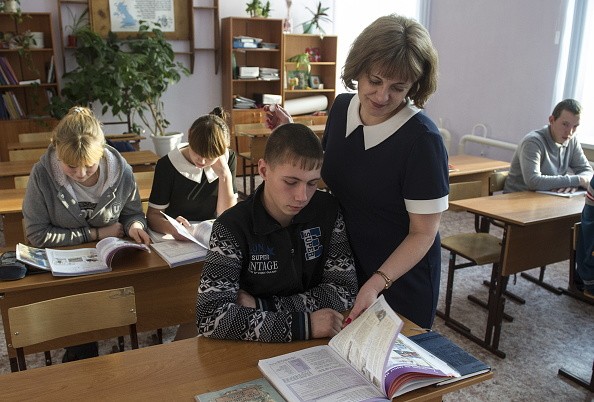Russia will include Chinese language into state testing across the country in three years' time.
This was announced by the director of Russia’s Federal Service for the Supervision of Education and Science as published at Shanghaiist.
By 2018, Chinese language test will be introduced to the Basic State Exam and by 2020 to the Unified State Exam.
The Basic State Exam is a series of obligatory examinations for ninth grade students; while the Unified State Exam is for the 11th-grade students necessary to qualify for university education.
As part of the exam’s foreign language component, takers of the two exams currently have a choice of French, Spanish, English, and German.
Back in 2015, Chinese was already included in the college entrance exams for certain districts like St. Petersburg, Moscow, and those in the Far East.
At present, there are 123 state primary and secondary schools in Russia that offer Chinese courses with over 17,000 students studying the language, of which, around 5,000 are eight to 11th graders.
However, compared to their Russian counterparts, Chinese students aren’t given the opportunity to learn many foreign languages, resulting in hundreds of millions of English-language learners.
According to BU World Languages & Literatures, international businesses prefer hiring people who know how to speak many languages.
China is the second largest economy in the world. It is a huge market so business leaders are looking for Chinese-speaking people so they can operate in a Chinese cultural context successfully.
Some people have this impression that it’s difficult to learn Chinese language, but Benjamin Ross, a Mandarin Chinese interpreter/translator, Sociology PhD, candidate assured that after learning the hard part in the beginning, it gets progressively easier and more simplistic.
Mandarin Chinese is also spoken in Indonesia, Thailand, Malaysia, Singapore, the Philippines, Mongolia, and Brunei. If you want to do business in these countries, knowing how to speak Chinese can give you an edge over your competitors.



























